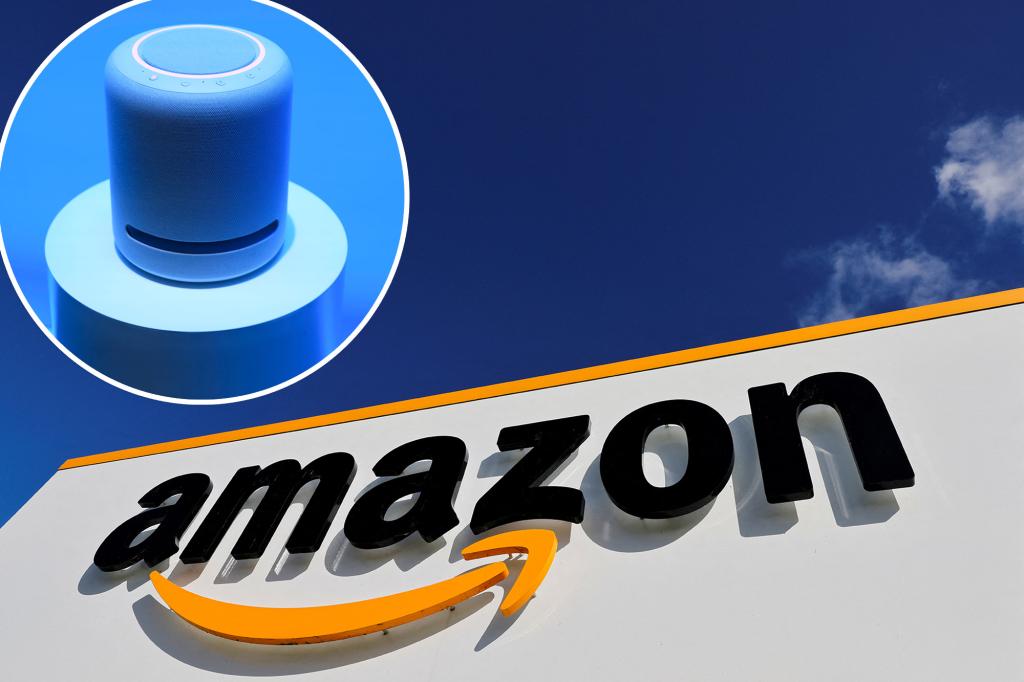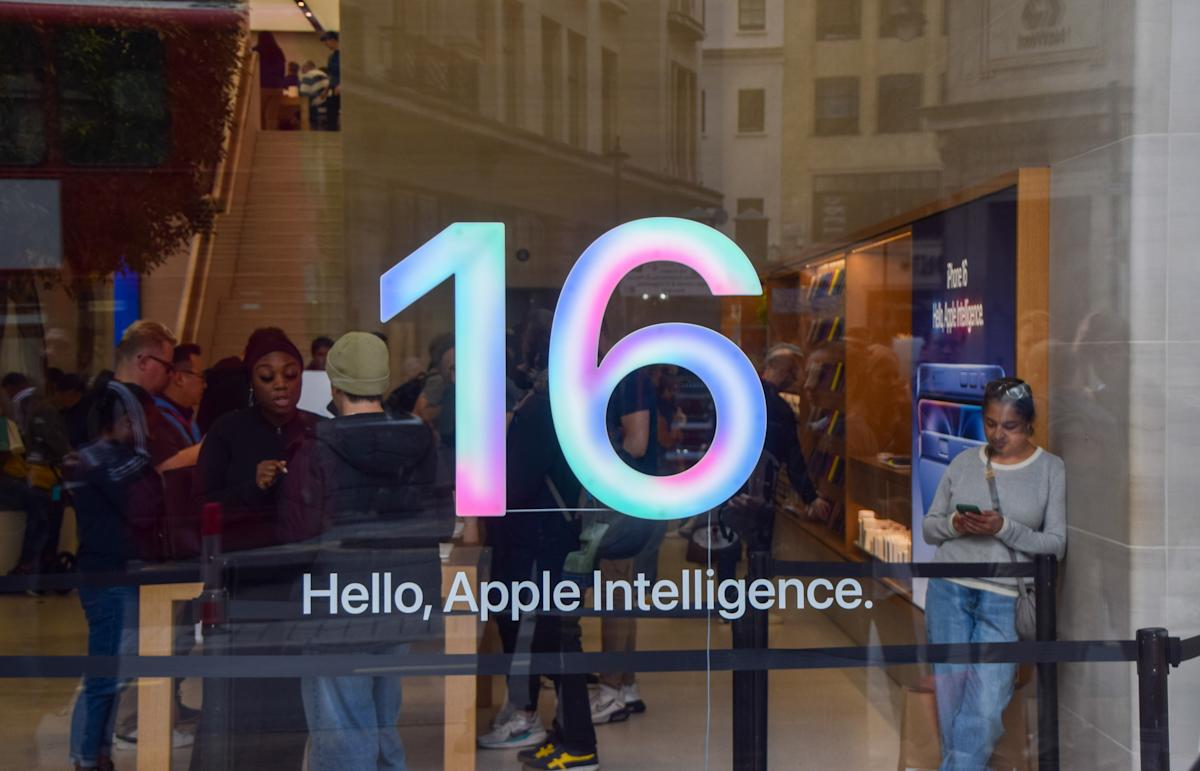Privacy Bombshell: Amazon's Alexa Now Sends Voice Recordings Without User Consent
Technology
2025-03-15 00:11:00Content
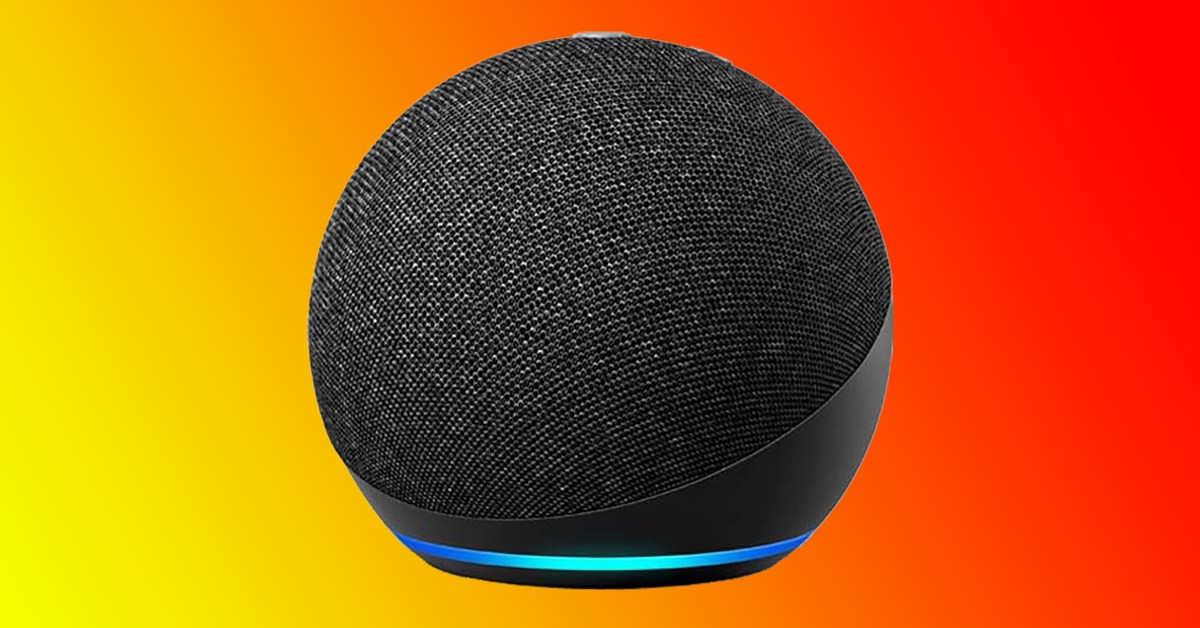
Privacy-conscious Amazon Echo users are about to lose a key feature that allowed them to prevent voice recordings from being stored in the cloud. Amazon has announced plans to discontinue this important privacy control, potentially leaving users with fewer options to protect their personal audio data.
Previously, Echo device owners could opt out of cloud storage for their voice interactions, giving them greater control over their personal information. This feature was particularly appealing to users worried about potential data collection and privacy breaches. However, Amazon's decision to eliminate this option signals a significant shift in how the company handles user voice data.
The move has already sparked concerns among privacy advocates and tech-conscious consumers who value granular control over their digital footprint. While Amazon continues to offer other privacy settings, the removal of this specific cloud recording block represents a notable reduction in user privacy controls.
As smart home technology becomes increasingly prevalent, the balance between convenience and personal privacy remains a critical issue. Users will need to carefully consider their comfort level with cloud-based voice data storage in light of Amazon's latest policy change.
Privacy Apocalypse: Amazon's Echo Devices Silence User Control
In the ever-evolving landscape of smart home technology, consumers find themselves at a critical crossroads where convenience increasingly challenges personal privacy. The recent developments surrounding Amazon's Echo devices reveal a troubling trend that threatens user autonomy and data protection mechanisms.The Silent Erosion of Digital Privacy Safeguards
The Vanishing Privacy Shield
Amazon's strategic decision to eliminate a crucial privacy feature from its Echo devices represents a significant watershed moment in smart home technology. This feature, which previously allowed users to block voice recordings from being transmitted to cloud servers, has been systematically dismantled, raising profound questions about consumer data protection and corporate accountability. The implications of this decision extend far beyond mere technical modifications. By removing user-controlled privacy barriers, Amazon fundamentally reshapes the relationship between technology consumers and corporate data collection practices. This unilateral action suggests a broader trend where technological convenience is prioritized over individual privacy concerns.Technological Transparency and User Consent
The elimination of voice recording blocking mechanisms exposes deeper systemic issues within the smart device ecosystem. Consumers who invested in Echo devices with the understanding of having granular privacy controls now find themselves unexpectedly vulnerable to comprehensive data collection strategies. Sophisticated algorithmic systems embedded within these devices continuously capture and analyze audio environments, potentially recording sensitive conversations, personal interactions, and intimate moments. The removal of opt-out mechanisms transforms these devices from user-controlled tools to omnipresent surveillance instruments.Regulatory and Ethical Implications
This development triggers critical discussions about technological ethics, data sovereignty, and corporate responsibility. Regulatory bodies worldwide are increasingly scrutinizing tech giants' data collection practices, and Amazon's decision potentially provides ammunition for more stringent legislative interventions. Privacy advocates argue that such unilateral changes fundamentally undermine user trust and autonomy. The ability to control one's digital footprint is no longer a luxury but a fundamental right in an increasingly interconnected technological landscape.Consumer Response and Market Dynamics
The tech community and consumer base are likely to respond with heightened skepticism and potentially accelerated migration towards alternative smart home solutions that prioritize user privacy. This market pressure could compel Amazon to reconsider its approach or risk losing market share to more privacy-conscious competitors. Emerging technologies and privacy-focused startups are poised to capitalize on this growing consumer demand for transparent, user-controlled digital experiences. The Echo devices' privacy regression might inadvertently catalyze innovation in privacy-preserving technological solutions.Future of Smart Home Privacy
As artificial intelligence and machine learning continue advancing, the tension between technological convenience and personal privacy will become increasingly complex. Consumers must remain vigilant, critically evaluating the privacy implications of integrating smart devices into their personal spaces. The Echo devices' privacy feature elimination serves as a stark reminder that technological progress is not inherently aligned with individual interests. Continuous public discourse, informed consumer choices, and robust regulatory frameworks will be essential in shaping a more equitable technological future.RELATED NEWS
Technology

Skate Legends Resurface: Tony Hawk's Pro Skater 3 + 4 Remake Drops This Summer
2025-03-04 18:00:00
Technology
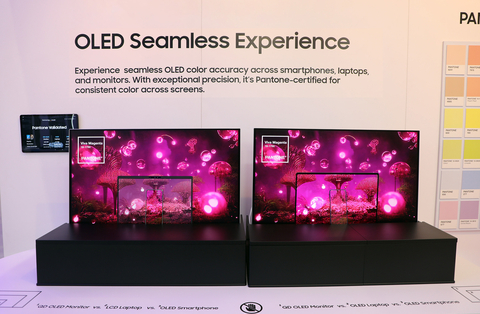
Pixel Perfection: Samsung's OLED Wizardry Set to Dazzle at Mobile World Congress
2025-03-03 09:48:00
Technology
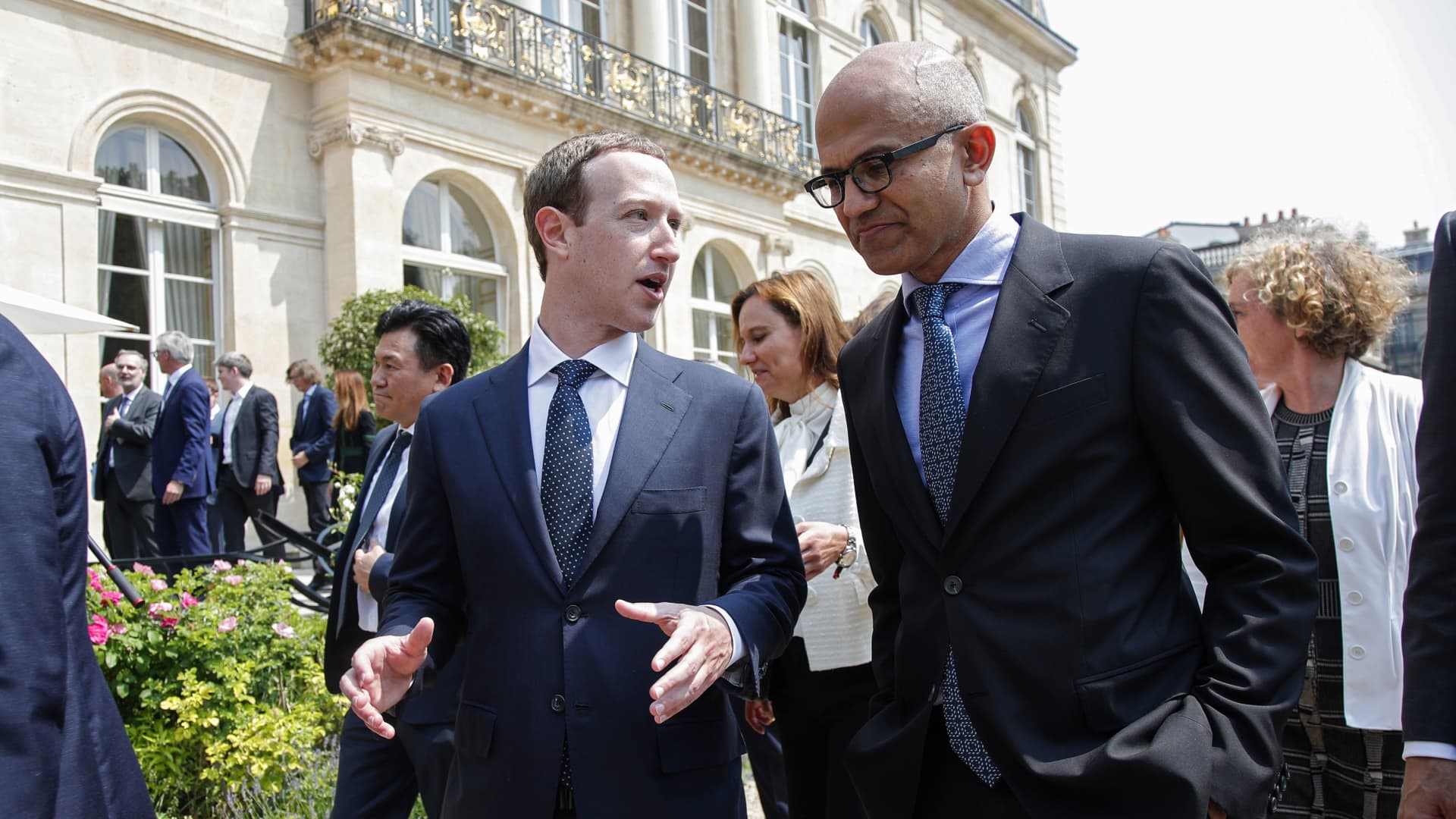
AI's Coding Revolution: Microsoft Chief Reveals Stunning 30% of Code Now Machine-Generated
2025-04-30 01:33:37
